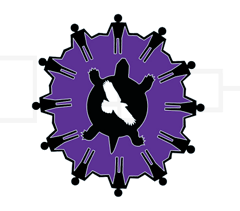Abstract
Abstract
There has been a history of Western treatment modalities, interventions and research that has contributed to a deep distrust of among Native Hawaiians which contributes to health inequities and poor health outcomes. Native Hawaiians experience significantly higher rates of alcohol abuse than other ethnic groups in Hawaii.This article gives a brief historical account of the introduction and the impact of alcohol with Native Hawaiians. Indigenous researchers have identified colonization and historically traumatic events as precipitating causes of the current incidence and pervasiveness of alcohol use today. Interventions that reflect the history and traditions of Indigenous groups are generally not the basis of addiction treatment and intervention programs. A paradigm shift is needed in healthcare systems to provide care guided by a cultural safety to improve health equity and achieve sustainable outcomes. Cultural safety is a concept akin to but different from cultural competence. Cultural safety which requires self-reflection and an examination of a one's own culture and an ongoing reflection of personal biases that have the potential to impact clinical interactions that create power imbalances. A transformative change is needed for addressing culturally unique needs, beliefs, values, and ways of knowing and being.
Recommended Citation
Greywolf, Cynthia T. and Lowe, John R.
(2022)
"Colonization and the Introduction of Alcohol to Native Hawaiians: Why Cultural Safety?,"
Journal of Indigenous Research: Vol. 10:
Iss.
2022, Article 7.
Available at:
https://digitalcommons.usu.edu/kicjir/vol10/iss2022/7

